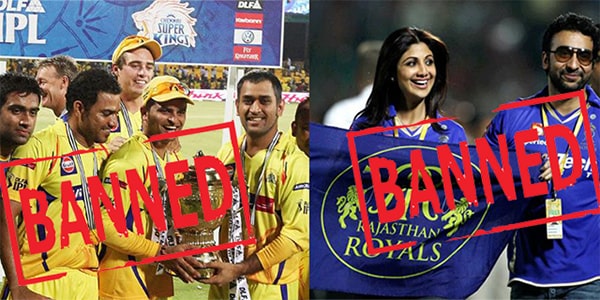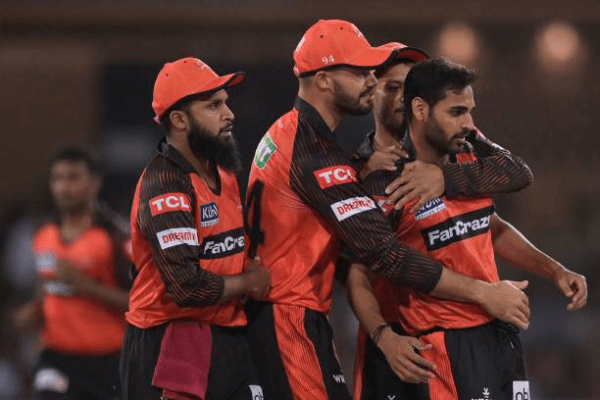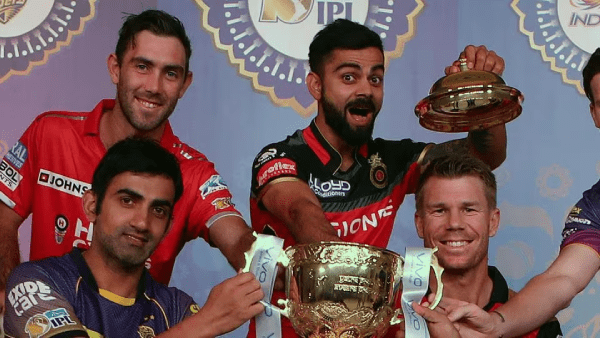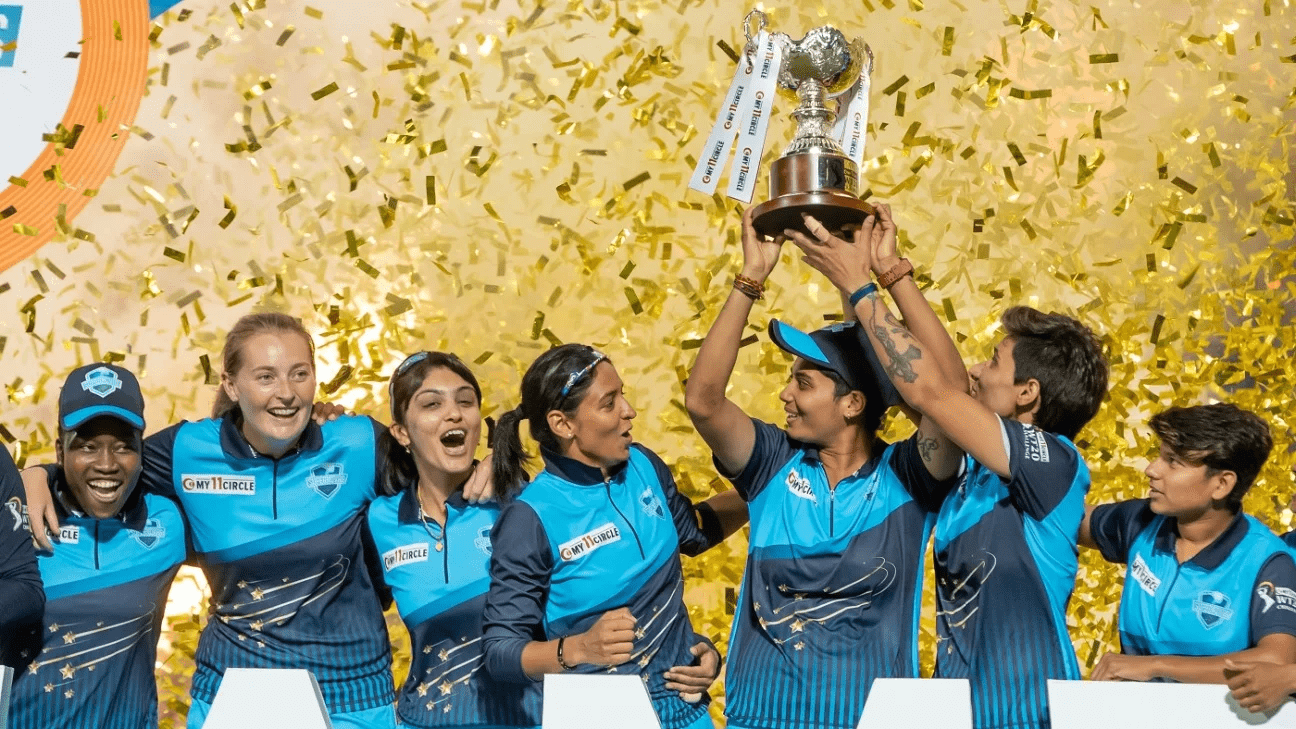The Indian Premier League (IPL) is a professional Twenty20 cricket league in India, established in 2007 by the Board of Control for Cricket in India (BCCI). The league has gained immense popularity and significantly influenced the sport of cricket, attracting top players worldwide. The IPL has also helped expand cricket’s reach beyond traditional boundaries with investments in other leagues like the American T20 League.
While the IPL has brought tremendous excitement and entertainment to millions of fans, lesser-known aspects of the league must be more widely discussed. This essay aims to uncover the unseen side of the IPL, exploring the issues and challenges that players, teams, and the league itself face behind the scenes. Understanding these aspects is essential to appreciate the complexities of the IPL and to ensure its long-term success and integrity.
Contents
- Revelation 1: Match-fixing scandals
- Revelation 2: Player Burnout
- Revelation 3: Unequal revenue distribution
- Revelation 4: Unethical talent acquisition practices
- Revelation 5: Environmental impact
- Revelation 6: Political Influence in team ownership
- Revelation 7: Indian Premier League Gender Inequality
- Conclusion
Revelation 1: Match-fixing scandals

Historical instances of match-fixing in IPL
Match-fixing has plagued various sports, including cricket. Since the IPL’s beginning, several claims of match-fixing have added to the controversy surrounding the league. High-profile cases involving players, team officials, and bookies have made headlines, putting the league’s credibility at stake.
Impact on the integrity of the game
These match-fixing scandals have undoubtedly harmed the game’s integrity, causing fans to question the legitimacy of matches and undermining trust in the sport. Such controversies can also affect players’ morale, leading to negative consequences on and off the field.
Measures are taken to address match-fixing issues.
The IPL and BCCI have implemented stringent measures to combat match-fixing, closely monitoring players, officials, and support staff. Additionally, the Anti-Corruption Unit (ACU) has been established to identify and address corruption within the sport. Regular educational programs are conducted to increase awareness among players about the repercussions of getting involved in match-fixing.
Revelation 2: Player Burnout

Demanding schedules and constant traveling
The IPL’s rigorous schedules and constant traveling can be exhausting for players. With matches held across the country, players must often travel long distances within short periods, leading to fatigue and increased risk of injuries.
Physical and mental toll on players
The physical demands of the game, coupled with the pressure to perform consistently, can take a mental toll on players. Prolonged exposure to such a high-stress environment can lead to burnout, potentially affecting players’ mental well-being and overall performance.
Effects on player performance and overall team dynamics
Player burnout can negatively impact individual and team performance. The most dangerous batsmen in IPL history and the top bowlers for IPL 2023 may see a dip in their form due to exhaustion, affecting the team’s overall success.
Revelation 3: Unequal revenue distribution

The disparity in revenue allocation among teams
The IPL’s revenue distribution model has been criticized for its team disparity. Larger-market teams with massive fan bases tend to generate more revenue, while smaller-market teams need help to compete financially.
Impact on smaller-market teams and their ability to compete
This unequal distribution of resources puts smaller-market teams at a disadvantage, as they may need help to invest in top-tier talent or infrastructure, hampering their ability to compete with wealthier teams.
Potential solutions for more equitable revenue sharing
To address this issue, the IPL could explore alternative revenue-sharing models that ensure a more equitable distribution of resources among teams. This could include implementing salary caps or luxury taxes to prevent wealthier groups from dominating the league.
Revelation 4: Unethical talent acquisition practices

Allegations of underhanded tactics in acquiring players
There have been allegations surrounding unethical talent acquisition practices in the IPL. These practices may include poaching players from other teams or exploiting loopholes in player contracts.
Effects on player rights and the Integrity of the Sport
Such practices can undermine the sport’s integrity and negatively impact player rights. Players may find themselves in unfavorable situations, with their careers at the mercy of unscrupulous team owners or managers.
Calls for increased transparency in talent acquisition
To ensure fairness and protect players’ rights, increased transparency in talent acquisition is necessary. More explicit regulations and oversight by the IPL and BCCI can help prevent unethical practices and maintain the league’s credibility.
Revelation 5: Environmental impact
Carbon footprint generated by extensive travel
The extensive travel required during the IPL season contributes to a considerable carbon footprint. The league’s environmental impact must be addressed, with teams, support staff, and fans traveling across the country.
Waste production at stadiums
Matches held at various stadiums generate substantial waste, including food packaging, plastic bottles, and other debris. This waste can have long-term environmental consequences if not properly managed.
Initiatives to promote sustainability within the league
To minimize its environmental impact, the IPL could adopt sustainability initiatives such as encouraging public transportation, implementing waste management systems at stadiums, and promoting eco-friendly practices among fans. The league could also explore carbon offset programs to help mitigate its carbon footprint.
Revelation 6: Political Influence in team ownership
Ownership structures involving political figures
Some IPL teams have ownership structures that involve political figures, potentially leading to conflicts of interest and raising questions about fair competition and Governance.
Potential conflicts of interest
The involvement of political figures in team ownership can result in potential conflicts of interest, with decisions made for political or personal gain rather than the team’s best interests.
Implications for fair competition and Governance
To ensure fair competition and transparent Governance, addressing potential conflicts of interest in team ownership is essential. Implementing stricter regulations on ownership structures and promoting transparency can help preserve the integrity of the IPL.
Revelation 7: Indian Premier League Gender Inequality

Lack of opportunities and support for women in IPL
The IPL has faced criticism for lacking opportunities and support for women in the league. While there has been progress with the Women’s T20 Challenge, it is still far from achieving gender parity.
The disparity in pay and media coverage between male and female players
Female cricketers often face a significant pay gap compared to their male counterparts. Additionally, media coverage of women’s cricket is substantially less than that of men’s cricket, perpetuating gender inequality within the sport.
Efforts to promote gender equality in cricket and the IPL
To address these disparities, the IPL and BCCI should actively promote gender equality in cricket. This could include expanding opportunities for women in the IPL, implementing policies to narrow the pay gap, and increasing media coverage of women’s cricket. Celebrating the achievements of legendary players like Sachin Tendulkar is essential, but equal attention should also be given to women cricketers who have made significant contributions to the sport.
Conclusion
The IPL has been a groundbreaking platform for cricket, providing entertainment and excitement for millions of fans worldwide. However, it is essential to address the unseen side of the IPL to ensure its long-term success and integrity. By addressing concerns like match-fixing, player burnout, uneven revenue distribution, unscrupulous talent acquisition methods, environmental effects, political involvement in team ownership, and gender inequality, the league can persist in flourishing and serve as a catalyst for constructive transformation in the realm of cricket.
Fans, players, and stakeholders must engage in open dialogue and work towards a more transparent and equitable IPL. By doing so, the IPL can set an example for other professional sports leagues and continue to be a beacon of excellence in cricket.
